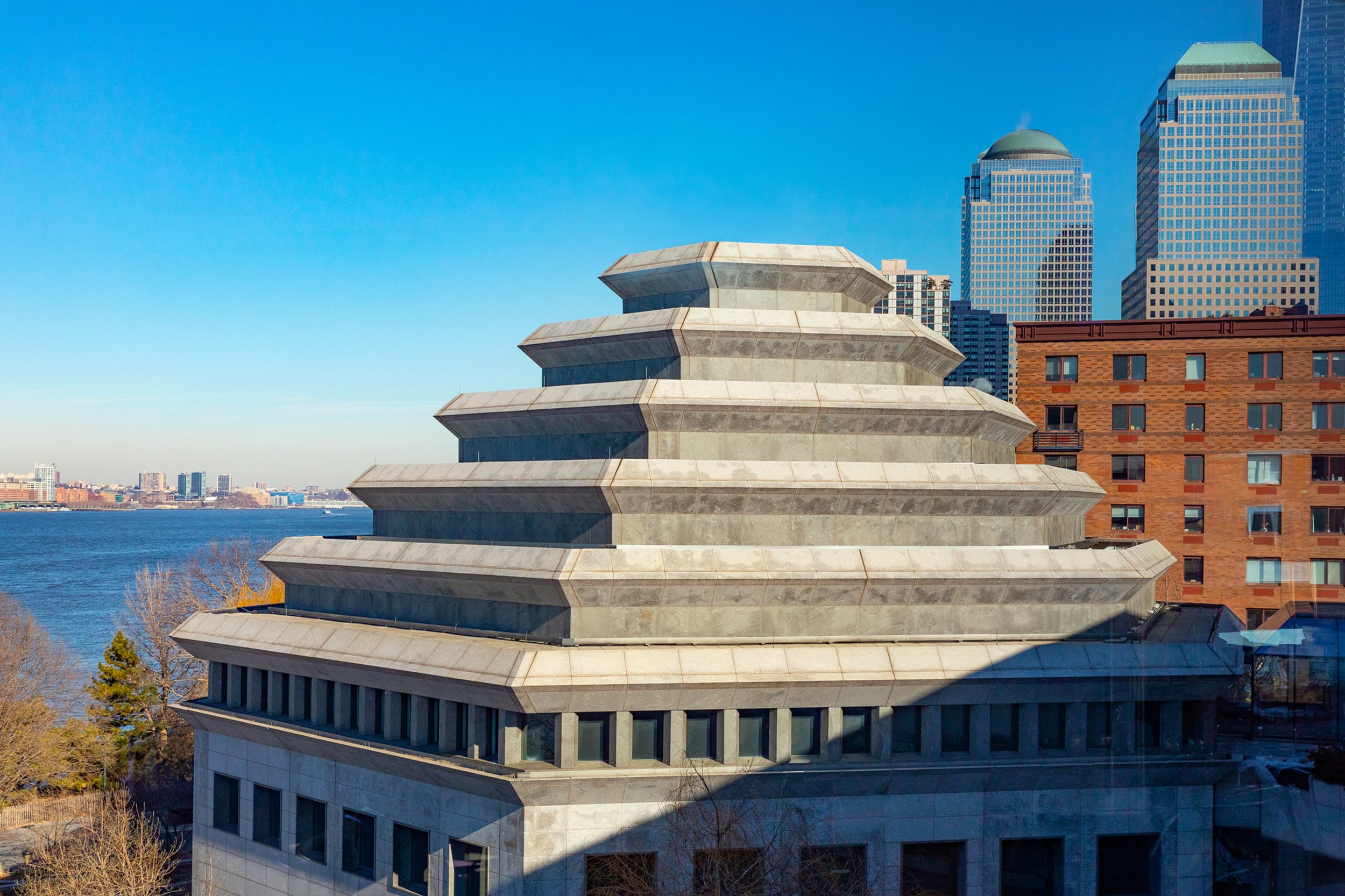Sign up for Chalkbeat New York’s free daily newsletter to keep up with NYC’s public schools.
As New York City schools grapple with a rise in Islamophobic and antisemitic rhetoric — and high-profile incidents at some local schools have stirred fierce controversy — a new resource for teachers seeks to help address questions over antisemitism.
The Museum of Jewish Heritage in Manhattan has developed an FAQ on antisemitism tailored to educators — with questions pulled directly from what members of a school partnership program heard during their time in the classroom. The guide aims to help teachers across the city navigate discussions about the history of antisemitism and its connections to the current moment.
“All of it is coming from a curious place, and wanting to know more about the history,” Mallory Bubar, director of education and outreach at the museum, said of the questions students are raising in the classroom. “[The FAQ] is a reference point for teachers and something they can share with their students as well.”
The new resource comes as tensions have flared across the city over devastating violence occurring thousands of miles away. In October, Hamas militants killed an estimated 1,200 people in Israel and took more than 240 hostages, with about 130 still captive, according to reports. In response, Israel has conducted a deadly and destructive bombardment of Gaza, fueling a humanitarian crisis and killing over 30,000 Palestinians — including thousands of children — according to local health authorities.
In recent months, both Muslim and Jewish students have told Chalkbeat they’ve seen an increase in hurtful and derogatory comments on social media and at school. A November state review found Islamophobic and antisemitic rhetoric each rose by more than 400% on social media.
Several high-profile incidents at local schools have also garnered media attention, and responses from city officials. In one recent instance, a teacher at Origins High School in Brooklyn alleged the school had seen rampant antisemitism, with little response from administrators.
The city’s Education Department has fiercely refuted the claim. On Tuesday, First Deputy Chancellor Dan Weisberg said there were incidents in which students at the school said “inappropriate things,” but he added students were disciplined, and the principal created space to discuss difficult issues in the aftermath, including partnering with the Museum of Jewish Heritage.
“The central claim that was in the initial article about Origins — about students rampaging through the hallway, many of them chanting antisemitic slogans — we can find no evidence of that. None. Zero. Including from educators who were in the hallways on that day,” he said, adding it’s “not helpful to demonize and paint with a broad brush students at an incredibly diverse school.”
The city’s Education Department has taken some broad steps to address concerns across the school system. In January, schools Chancellor David Banks announced all middle and high school principals would receive training “focused on navigating difficult conversations,” while the city would also update its diversity training to more deeply address antisemitism and Islamophobia.
In a museum press release Tuesday, Banks noted the city would be sharing the resource with school communities.
“The need to educate the next generation about antisemitism feels more urgent now than ever, and we are proud and grateful to be longtime partners with the Museum of Jewish Heritage in this important work,” he said.
The FAQ includes information about the history of antisemitism, tracing its origins in antiquity to the Holocaust and to the present moment. It also identifies common antisemitic tropes.
“These tropes and these stereotypes that still exist are rooted deeply in history,” Bubar said. “The hope is that if we provide that historical background, there’s a better understanding of what people might be encountering today.”
The need for the FAQ became clear through the work of an existing partnership with the city’s schools, Bubar added. Last year, participants in the Holocaust Educator School Partnership — a museum program that trains local college students to provide a lesson on the Holocaust and antisemitism in public schools — began encountering questions about antisemitism that neither they nor the teachers felt equipped to answer, she said.
“That’s where these questions came from,” she said. “These were the questions that our interns were being asked in the classroom.”
The program is operating in 52 schools this academic year, working with more than 13,000 students, Bubar said. The museum also expects about 50,000 students to visit on class trips over the course of the year, she added.
Though the museum’s FAQ focuses on antisemitism, it notes in a statement that the organization “opposes antisemitism, Islamophobia, and all forms of hatred, including hatred on the basis of ethnicity, religion, nationality, and other shared group identities.”
It also invites educators to contact the museum with feedback on the FAQ by emailing education@mjhnyc.org.
“We want the feedback: What’s working for teachers? What’s working for students? What else would they like to have included in there?” Bubar said. “Because this truly is being created from what teachers are encountering in their classrooms — and we want it to remain that way.”
Julian Shen-Berro is a reporter covering New York City. Contact him at jshen-berro@chalkbeat.org.






